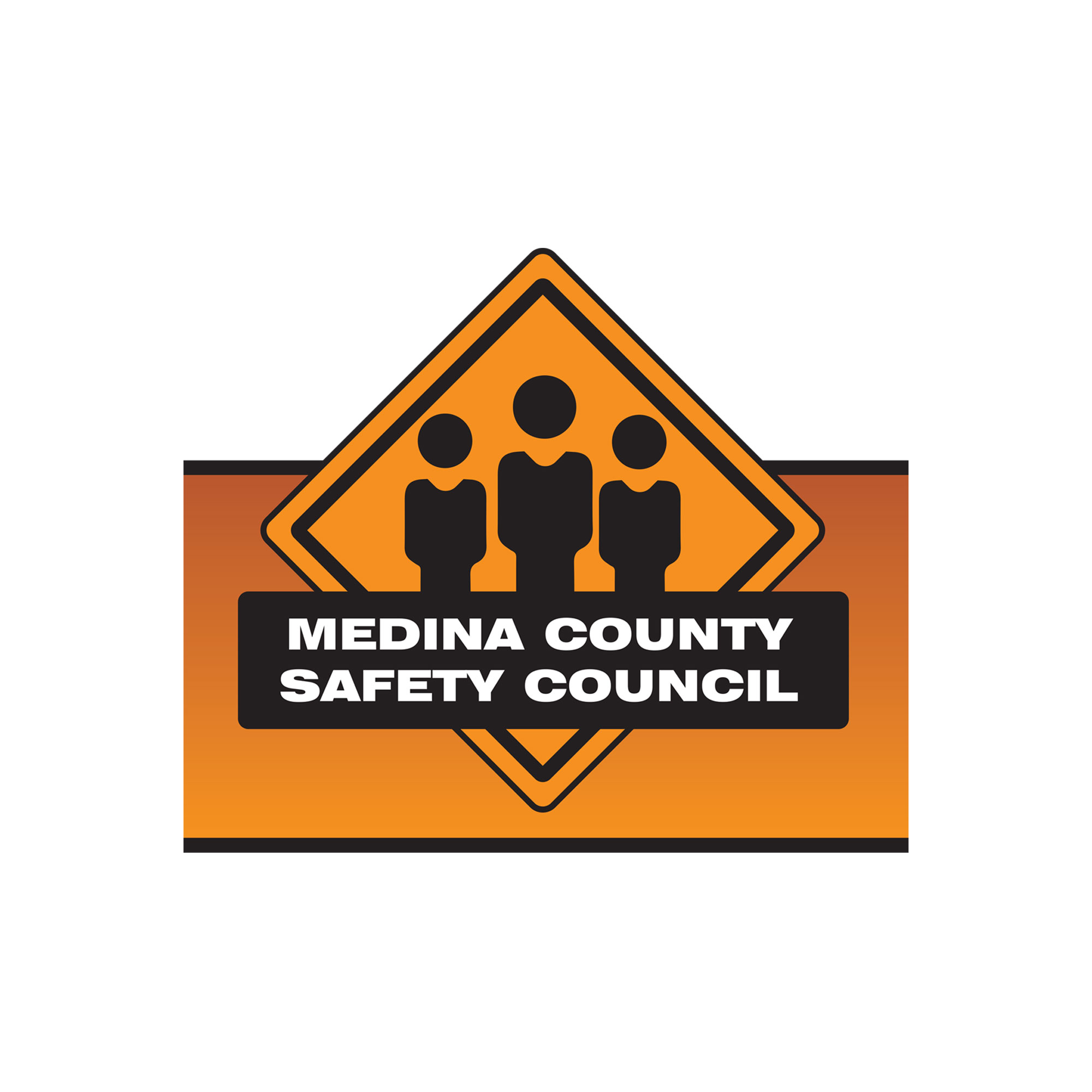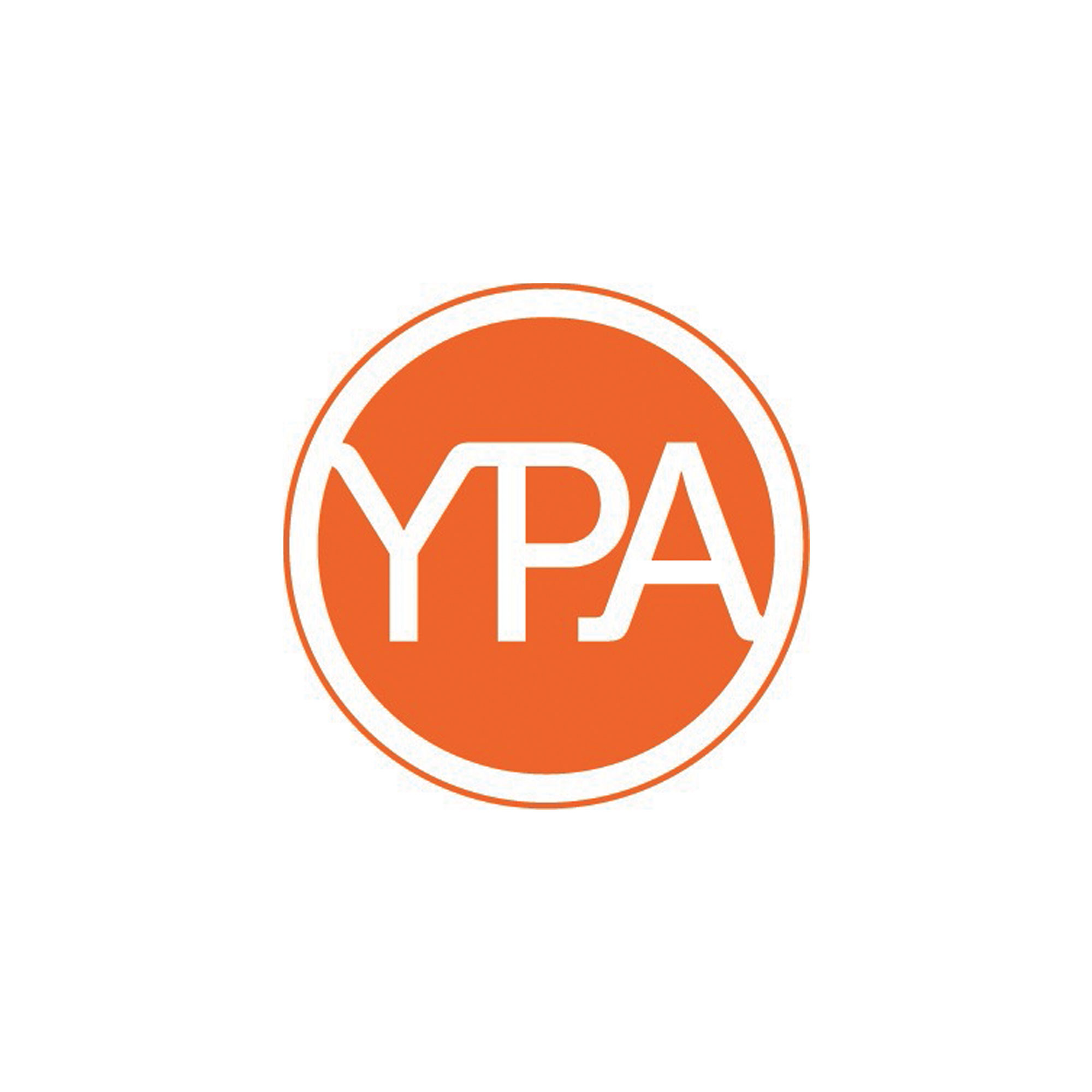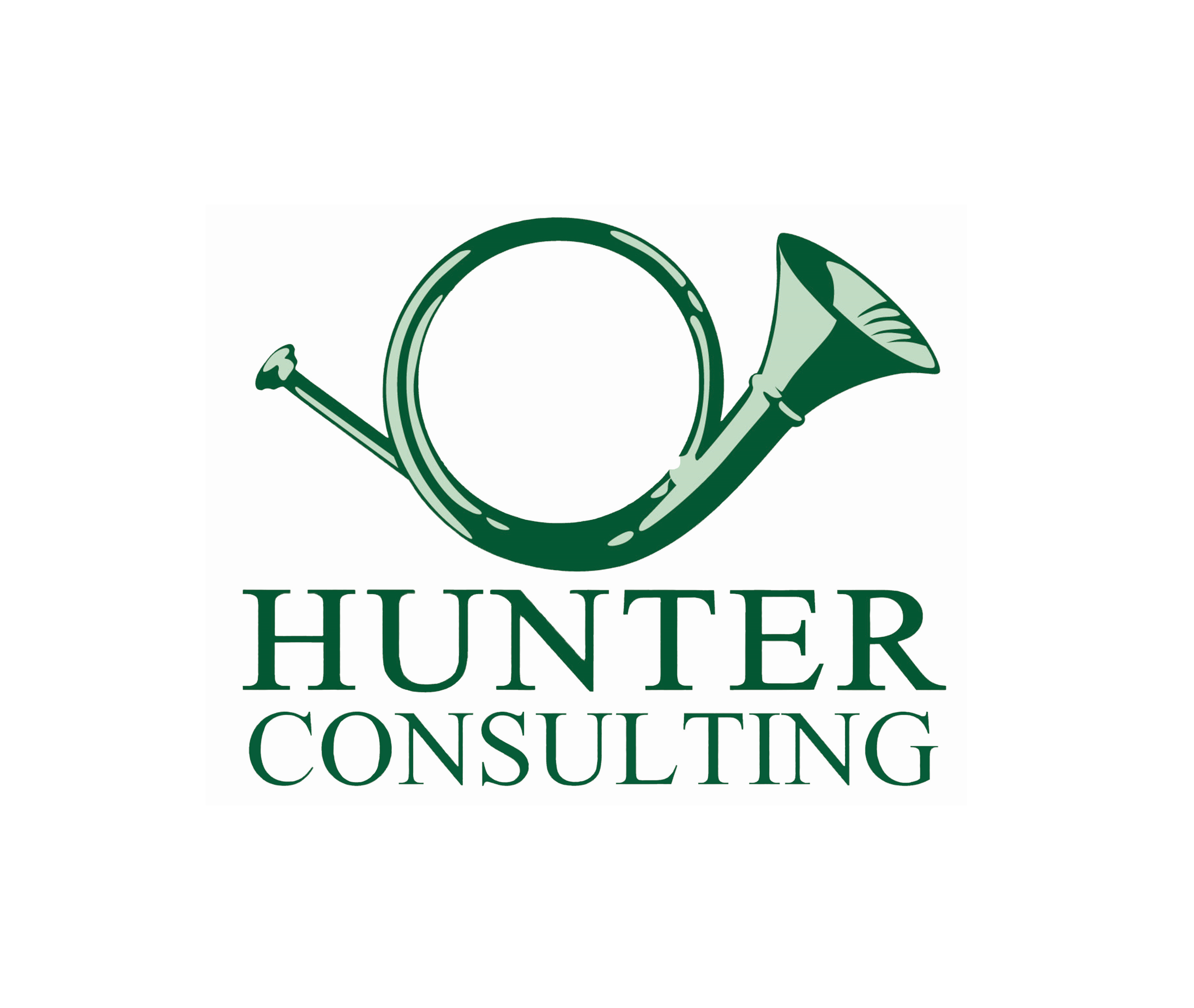Exit stage right - What to think about when you're ready to leave your business
A succession plan may help assure business continuity
If you’ve built a successful business, you know that having a plan could be critical to making it work. By the same token, readying your business for your retirement, or to enable it to carry on if anything happens to you, is an important piece of the puzzle.
While there are no set rules about what to address in a succession plan, you may want to include such details as:
· The successor: family member, business partner or someone new who will buy out your share
· Timeframe/transition period
· Key personnel changes and skill retention
· Training and development of new leadership
· Legal considerations: buy-sell agreement, estate plan/will
· Risk management
· Communication strategy
· Financial considerations: retirement income, insurance, sale price, tax implications
Protecting your most valuable asset: You
Your exit strategy not only recognizes when you are planning to retire from the business, but it can also address any potential surprises that may impact your ability to remain in charge.
You may develop a major illness or injury that takes you away from day-to-day operations. Having insurance in place can help ensure your company will continue to function in your absence, while also help to protect your own earnings and family, particularly if you’re not able to return:
Disability Insurance: All owners should consider having their own insurance that covers their monthly earnings in the case of an illness or injury that requires long- term healing. It may include a buy-out clause.
Business Overhead Expense Insurance: This helps to provide funding to the business of any overhead expenses (such as payroll or rent) if payment of these costs may be jeopardized by being away for an extended period.
Critical Illness Insurance: This is generally a lump sum payment that helps you cover your bills if you have a serious illness.
Key Person Life Insurance: A life insurance strategy may include a payout to the business for continuity, or to your estate to help minimize any tax implications. Life insurance proceeds may also be used to equalize payments to heirs, as it’s possible that, if you have multiple children, only one will be interested in taking over the business.
If you plan to retire, you need a plan
If it’s time for you to hand over the reins, your succession plan should address the time horizon for your transition and how much involvement you will maintain. You may want to execute a buy-sell agreement with partners or co-owners. It outlines the circumstances of your leaving, as well as the price that will be paid for your share of the business. Insurance can be used to help minimize the tax impact of a small business sale as well as financing retirement income.
There are many tax-efficient ways to help protect your business and help you transition to your retirement.
CARLSON FINANCIAL GROUP - 13374 Ridge Rd., North Royalton, OH 44133 - Tel:216.586.4853 – www.carlsonfinancialgroup.us. Ryan Carlson, Registered Representative. Advisory Services offered through Capital Analysts or Lincoln Investment, Registered Investment Advisers. Securities offered through Lincoln Investment, Broker/Dealer, Member FINRA/SIPC www.lincolninvestment.com. Carlson Financial Group and the above firms are independent and non-affiliated. The material presented is provided for informational purposes only. Nothing contained herein should be construed as a recommendation. Insurance products and tax, legal, or Social Security Claiming services and are not offered through, or supervised by The Lincoln Investment Companies. Neither Carlson Financial Group or Valued Capital Advisers, nor its employees, provides tax, legal or accounting advice. Please consult your own tax, legal, or accounting professional before making any decisions. 5/19
Submitted by: Ryan Carlson, Carlson Financial Group






